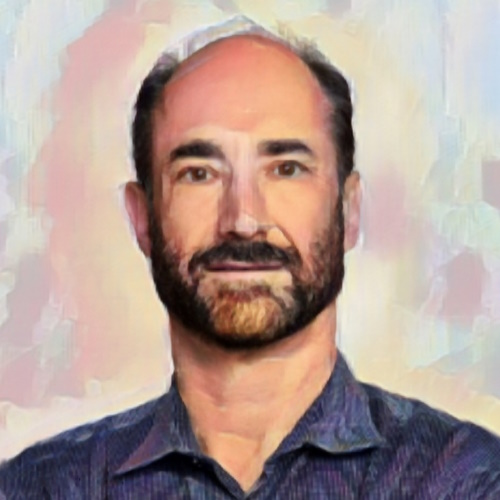Key points from article :
A groundbreaking study from Stanford University reveals that ageing occurs in two distinct bursts rather than as a gradual process, with significant changes happening around the ages of 44 and 60.
The research, led by Prof Michael Snyder, involved tracking 108 volunteers aged 25 to 75 over several years. Participants provided blood, stool, and various swabs every few months, enabling the researchers to monitor over 135,000 molecules and microbes, including RNA, proteins, and metabolites, as well as bacteria, viruses, and fungi living on the skin and in the gut.
The findings showed that most molecules and microbes did not shift gradually over time. Instead, the researchers identified two significant waves of molecular changes. The first wave, occurring in the mid-40s, was marked by changes in molecules associated with cardiovascular disease and the metabolism of caffeine, alcohol, and lipids.
The second wave, around age 60, involved molecules linked to immune regulation, carbohydrate metabolism, and kidney function. Notably, skin and muscle-related molecules were affected during both bursts.
Initially, the mid-40s spike was thought to be influenced by perimenopausal changes in women, but similar changes were observed in men, indicating broader factors at play. The study also suggests that lifestyle factors, such as increased alcohol consumption during midlife stress, may contribute to these changes.
The results align with earlier evidence that the risk of age-related diseases, like Alzheimer’s and cardiovascular disease, spikes after age 60. The research highlights the potential for targeted interventions, such as increased exercise during periods of rapid muscle loss, to mitigate the effects of ageing. Published in Nature Aging, this study offers new insights into the complex nature of ageing and its impact on health.









